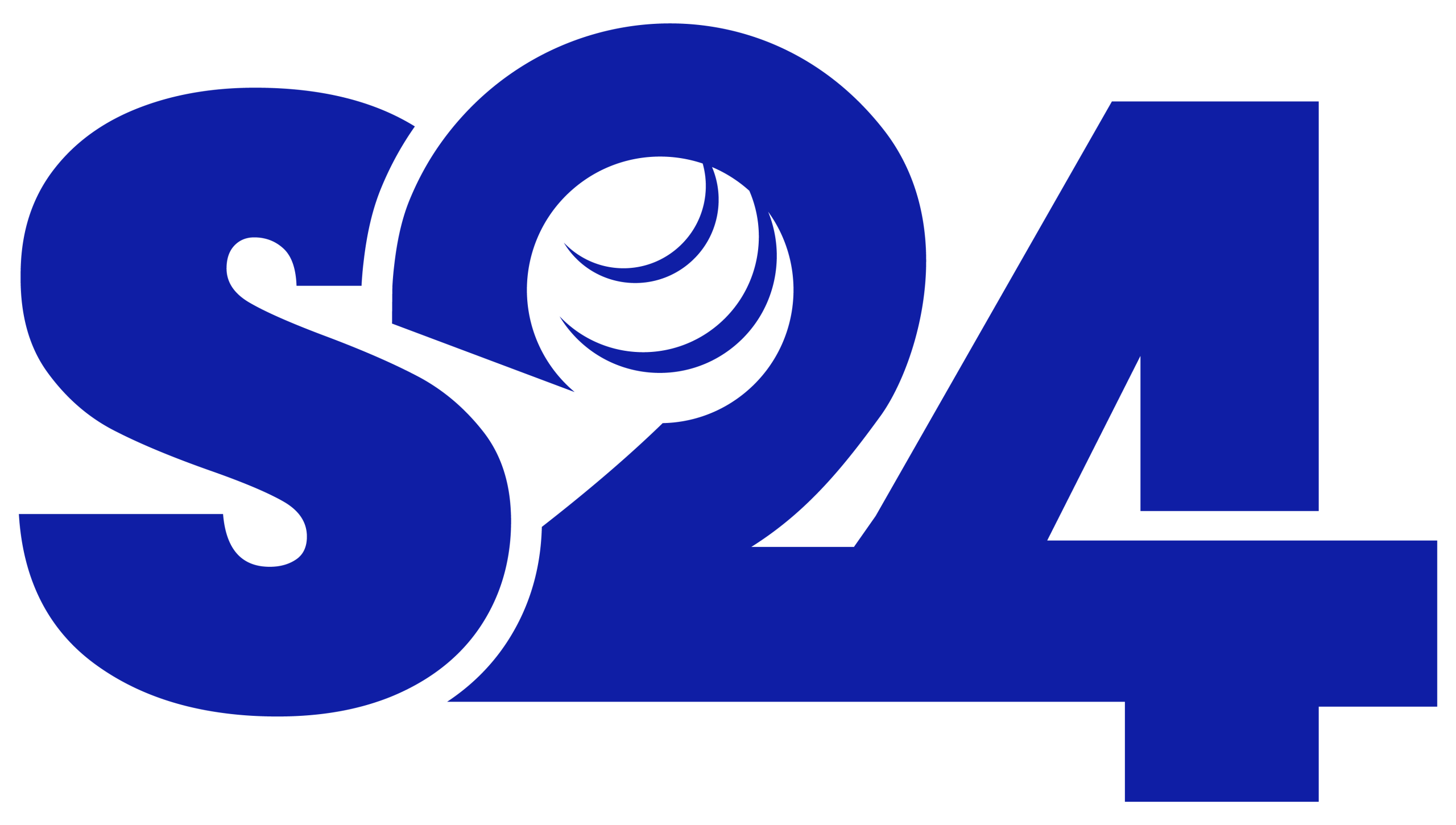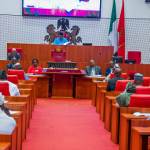Northern Nigeria has long held a powerful cultural narrative, rich in tradition, steeped in history, and ripe for storytelling. Yet, despite this fertile ground for cinematic brilliance, the Northern film industry continues to face systemic challenges that prevent it from reaching its full potential.
Organizers and stakeholders at the Northern Film Festival in Abuja expressed concern that the region, though gifted with talent and stories, is still making the same old mistakes, particularly around understanding audiences, strategic distribution, and sustainable business models.
The Hard Truth: Who Are We Making These Films For?
According to Happy Julian Uchendu, Founder of Ebanky Global International Limited:
“The biggest mistake we keep making is not knowing our audience or where to sell our films. You can’t sit in your room and expect to sell your movie, you need to meet the people.”
Too many filmmakers work in isolation, disconnected from the very markets they hope to penetrate. In a highly competitive space like Nollywood, that’s a fatal flaw.
Film is Art, But Selling Film is Business
Kayode Aiye Gbusi, an actor and producer, emphasized that:
“To get returns in filmmaking, you should be guided by the brain, not the heart. Passion alone cannot fund your project.”
This sentiment echoes a growing realization, creativity must be married to commerce. Without a concrete strategy understanding market needs, knowing which platforms to pitch to, and budgeting realistically filmmakers risk their stories never reaching the screen.
Barriers: Politics, Gatekeepers & Film Cabals
The industry’s unspoken gatekeeping remains a major hurdle. Happy Julian Uchendu revealed that after presenting her film to key players in Nigeria, she was told her actresses weren’t “their actors.” Rejected but undeterred, she took the film to South Africa, only for Netflix to circle back later with interest.
“Sometimes, within the twinkle of an eye, policy changes. That’s why you need a Plan B.”
These experiences show the importance of resilience and market agility. If Netflix says no, there are dozens of other platforms but only if you’re prepared.
Strategic Moves for Filmmakers
Whether you’re in Kano or Calabar, here are key takeaways from the Abuja discussions:
- Know Your Audience: Understand who your film is for; age, region, platform preferences and write with them in mind.
- Budget With the Market in Mind: Netflix and other platforms have pricing caps, know the limits and write your script with those numbers in mind.
- Invest in Good Writing and Research: Kayode warns that poor research can sink credibility; “A medical doctor shouldn’t watch your film and feel insulted.”
- Nurture the Right Talent: Children’s roles should be played by real children. Authenticity in casting is no longer optional.
- Ask Questions. Stay Curious: Whether you’re navigating DSTV’s red tape or understanding what TV stations are buying, inquiry leads to insight.
Moving Forward: A Call for Innovation in the North
There is a unique opportunity for the Northern film industry to carve a bold new path. With personalities like Ali Nuhu in leadership positions, expectations are high.
“If he finishes his tenure and there is no significant development, then it’s a waste,”
said Audu Kashim Isreal bluntly, a sentiment many in the industry share. But hope is not lost. With strategic planning, collaboration, and a deeper understanding of audiences, platforms, and storytelling techniques, the Northern film industry can rise as a strong pillar in Nollywood.
Your Film Has a Future, But Only If You Build It
The time has come for filmmakers to stop shooting in the dark. Success won’t come from passion alone. It comes from asking the tough questions, understanding the business, and most importantly knowing exactly who you’re making your film for. If the North rises, Nigeria rises with it.







